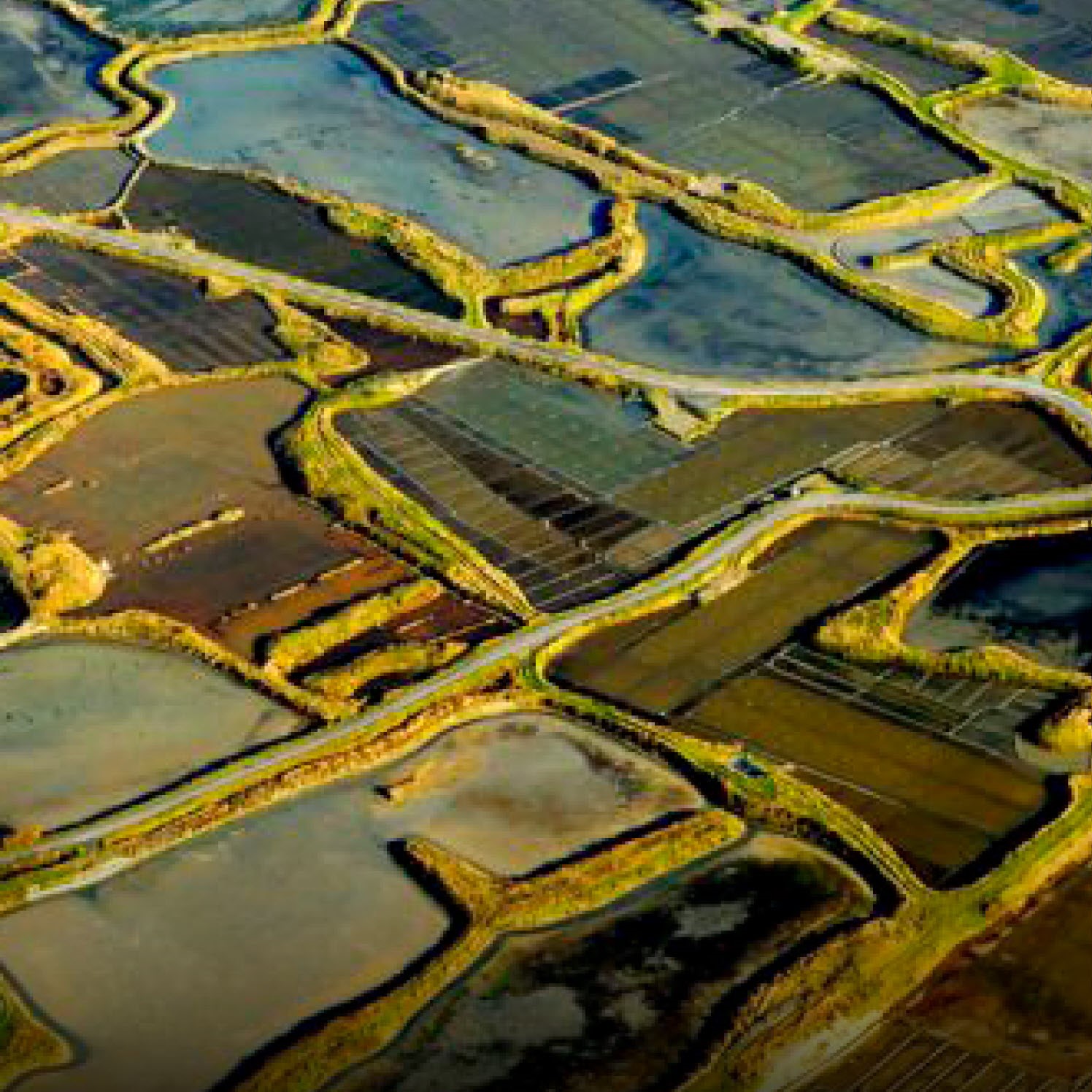Enrica Viparelli receives the Marguerite T. Williams Award in recognition of both her scientific contributions to the Earth surface processes field, and her continuous work to enhance the visibility of underrepresented people in STEM (science, technology, engineering, and mathematics).
Enrica’s vibrant career has spanned fluvial, deltaic, and deep-sea sediment transport and morphodynamics. Enrica conducted her doctoral research at the University of Illinois Urbana-Champaign and received her doctoral degree in 2007 from the University of Naples Federico II. She worked with Gary Parker as a postdoctoral researcher until 2011, assuming her faculty position at the University of South
Carolina in 2012. She has contributed substantially and powerfully to numerical, experimental, and field efforts in areas such as morphodynamics of gravel mixtures; sand supply to the Mississippi River for land-building; mixed bedrock-alluvial river
morphodynamics; tracers and floodplain dynamics; gravel-sand transitions;
submarine stratigraphy; and response of engineered rivers. A leader in software sharing, Enrica has contributed enormously to the Community Surface Dynamics
Modeling System (CSDMS). One of her labors of love concerns gravel augmentation for the Trinity River, in California, for salmonid restoration. Enrica joined forces with a local field-based researcher to devise a standardized, flexible software package that can be used to augment gravel supply and grain size distribution anywhere and determine the river response.
Enrica is a supportive and effective adviser of students in general, and of minority/female students in particular. Among 44 of her undergraduate researchers, 20 were women, 8 African American, 3 Hispanic or Latino, and 1 Native American.
Of those who continued to pursue graduate studies, four are African American and seven are women. At least four students/postdocs were first in their family to enter college. The following quotation illustrates Enrica’s nurturing, selfless nature and embodiment of the spirit of the Marguerite T. Williams Award: “Dr. Viparelli had an astronomical influence on my journey in higher education. From my freshman year in undergrad, it was a struggle keeping confidence as an African American female entering the engineering field. She introduced me to something I would have never considered on my own, and that was research. As a freshman I began working with her lab group. Her ability to see my strengths will never be forgotten. Since, I have received two degrees as her advisee, both B.S. and M.S., and I am currently pursuing a Ph.D. I am more than appreciative for the influence she has had over my student career and those of my minority peers.”
—Astrid Blom, Delft University of Technology, Delft, Netherlands

Convergent estuaries have been shortened by dam‐like structures worldwide. Here, we evaluate 31 long‐term water level stations and use ...






